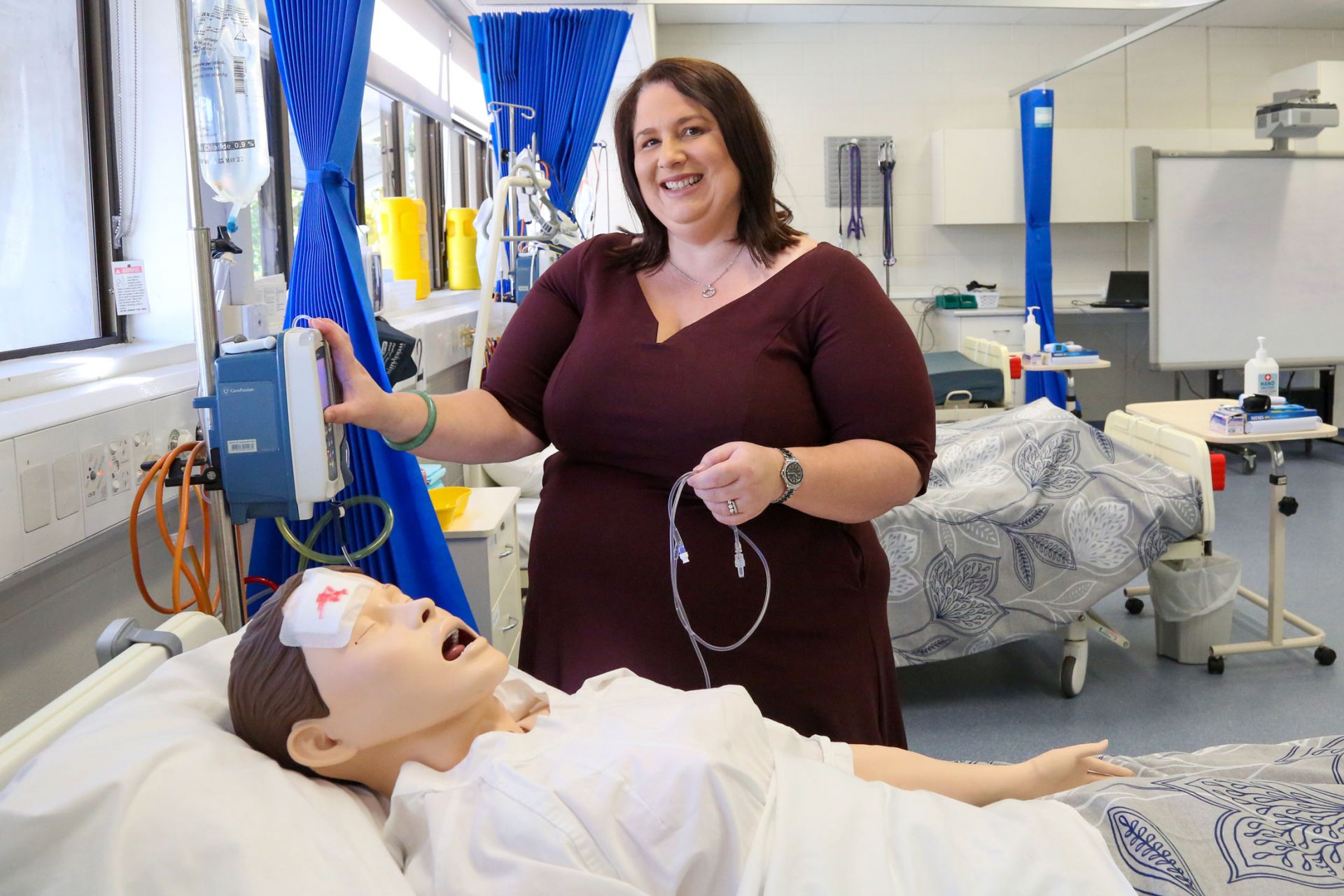Busting the Florence Nightingale myth
Contrary to popular belief, the fundamentals of professional nursing did not start with Florence Nightingale and its history is older than many realise, according to research from James Cook University.

Modern nursing is commonly attributed to Florence Nightingale’s work during the mid-nineteenth century, however Dr Tanya Langtree’s PhD thesis has found the profession’s history is centuries older.
“Nurses before Nightingale had a broad scope of practice that was influenced by corresponding advances in science and medical knowledge of their time,” she said. “This goes against the dominant belief that nurses prior to Nightingale were devoid of skills, discipline and structure.”
Dr Langtree also challenges the assumption that Nightingale’s contributions to nursing were original.
“My thesis provides evidence that many of the recommendations attributed to Nightingale were not unique to her but instead were standard practices dating back to at least the 16th Century,” she said.
“This includes clinical skills and nursing care, such as sanitation and hygiene practices, and governance, such as discipline and acceptable conduct.”
Dr Langtree believes our adoration of Nightingale is due to her privilege and power in British society.
“Nightingale was the social influencer of her time,” Dr Langtree said.
“She was a wealthy woman who had connections to the British government. Her achievements in the Crimea led to her rise as the nation’s darling, which was cemented through her Nightingale Fund and Notes on Nursing, and then amplified by a biography written in 1913 – a biography that was commissioned by her family. Many of the subsequent accounts of her life and legacy can be linked back to this publication.”
Evidence Dr Langtree found includes a seventeenth-century Spanish nursing treatise by a small group of Catholic brothers who identified as nurses.
“This document demonstrated that semi-formalised nursing training had commenced in
Spain at least two centuries earlier than the Nightingale-led reformations of the mid-nineteenth century,” she said.
“Nightingale certainly made contributions to nursing but our continual reverence for her is based on a powerful branding exercise, not history.”
Dr Langtree said it’s important we have an accurate picture of the history of nursing and recognise our current perceptions are highly Anglo-centric.
“Nurses prior to Nightingale are often thought to have been drunkards, illiterate, disorderly women,” she said. “This is not only inaccurate but damaging to the social legitimacy of our profession. By reframing the history of nursing, we not only debunk this myth but we allow ourselves to reconsider the origins of modern nursing and hopefully create a more inclusive narrative.”
More Information
Published:
25, May 2021